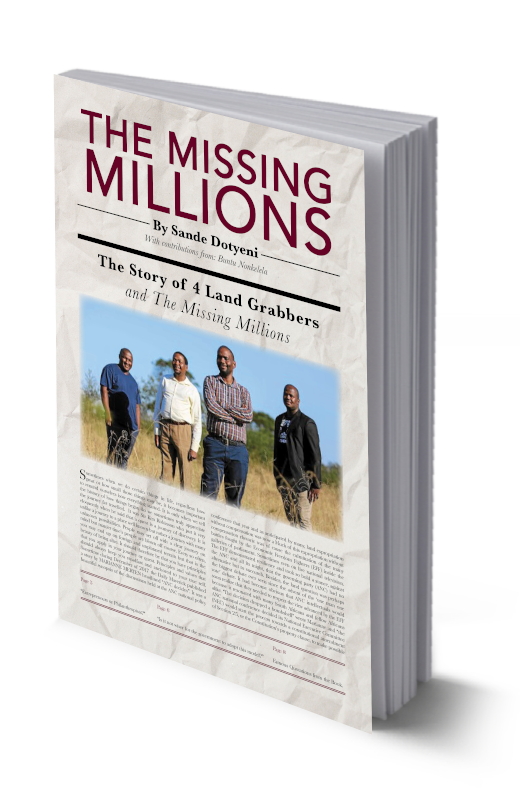
“In post apartheid South Africa, millions of indigenous people sit without security of tenure of land due to apartheid and colonialism. Large parcels of land in demarcated reserves are worthless to banks because of legislation(non-existent). In the end, South Africa becomes a stage for massive land grabs within urban spaces because nobody wants to own what is considered worthless.
The missing millions book is a classic example of the challenges which today face millions of native South Africans. A consequence of the apartheid governments cruel efforts to keep natives poor. The book highlights some classical failures by the democratic government but it is not without hope. There MUST always be hope.”

Why it is important to unlock the current barriers in the property space for the Black masses
Leveraging Property into Wealth
By Sande Dotyeni (Author of “The Missing Millions”)
One of the perceived weaknesses of the South African system is a bloated welfare state, a consequence we believe lies in the fundamental flaw of government’s approach and its assumptions to solving societal problems. Indeed and as do many economists suggest, the South African economy is on a fast lane towards being overburdened if not already.
The property market remains to be one of the most undercapitalised and underutilized asset by South Africa’s black majority mainly because, even in post democratic South Africa, there exists more than one property arrangement system in the country. In this regard we note the communal land system which still exists in the former ‘Bantu’ stands or land reserves as dictated by the 1913 Natives Land Act. Many black families who own prime coastal land are unable to leverage their properties into wealth for a number of reasons but in the main, these families DO NOT hold title deed to their land.
As the renowned economist Hernando de Soto once argued, in order to triumph over poverty, countries need to transform their property arrangements into one unified legal structure to be able to leverage property into wealth. Now, one of the sad ambitions of the 1913 natives land act, apart from their vicious land grabs, was to ensure that Black people should never be able to leverage the little property they were left with.
Very interestingly, apartheid South Africa did NOT implement the communal land system for their constituencies. They adopted a system that ensured security of land tenure which empowered White South Africans with the power and freedom to leverage property into wealth.
Apart from rectifying the many injustices of the past with regards to land ownership, there are low hanging fruits that require decisive action by government that shall see empowered millions of Black South Africans with what they already own. As it stands today, “black wealth is forever lost in rural reserves or in areas demarcated by the 1913 Natives Land Act.” – The Missing Millions Book, 2021









